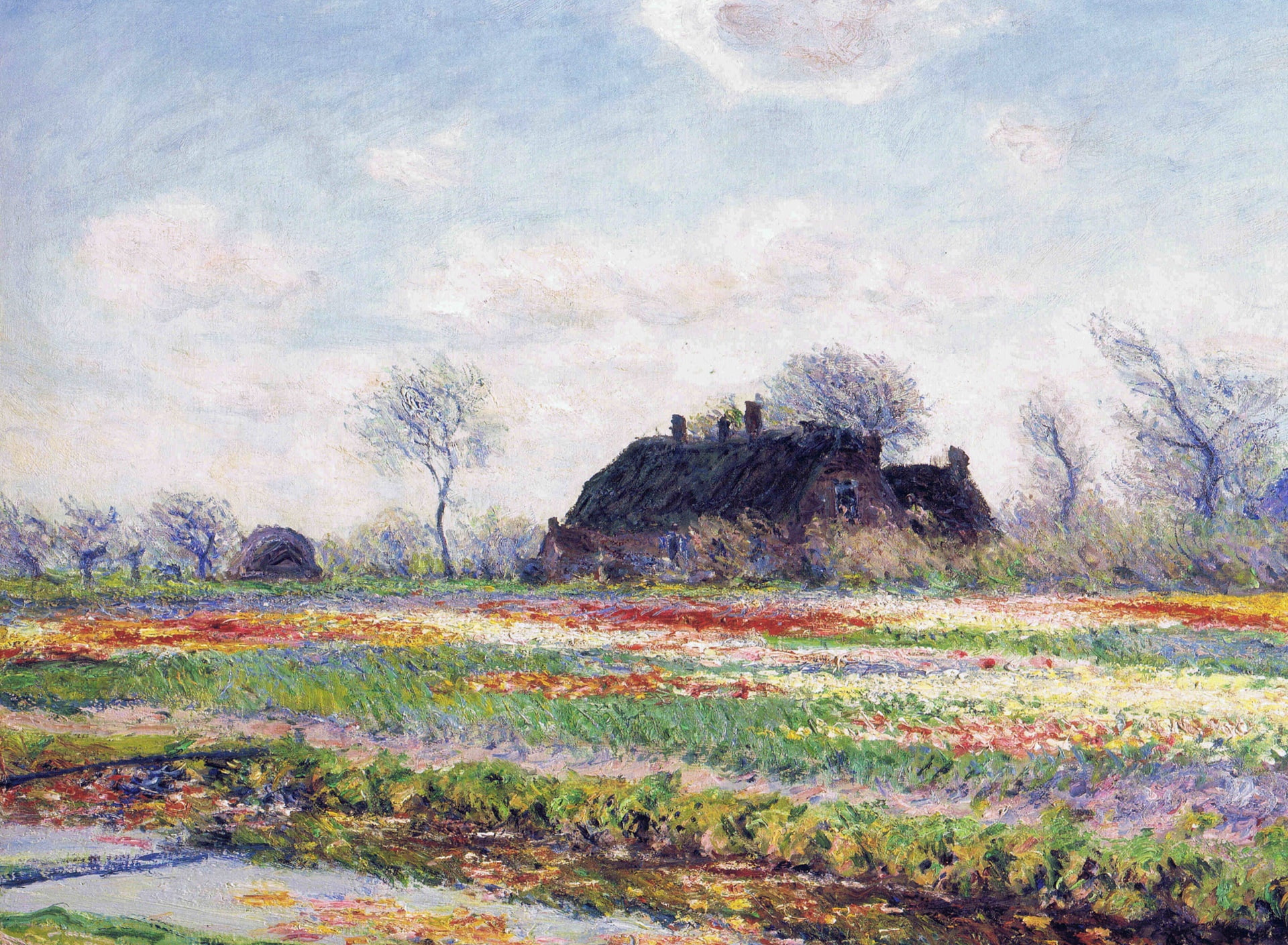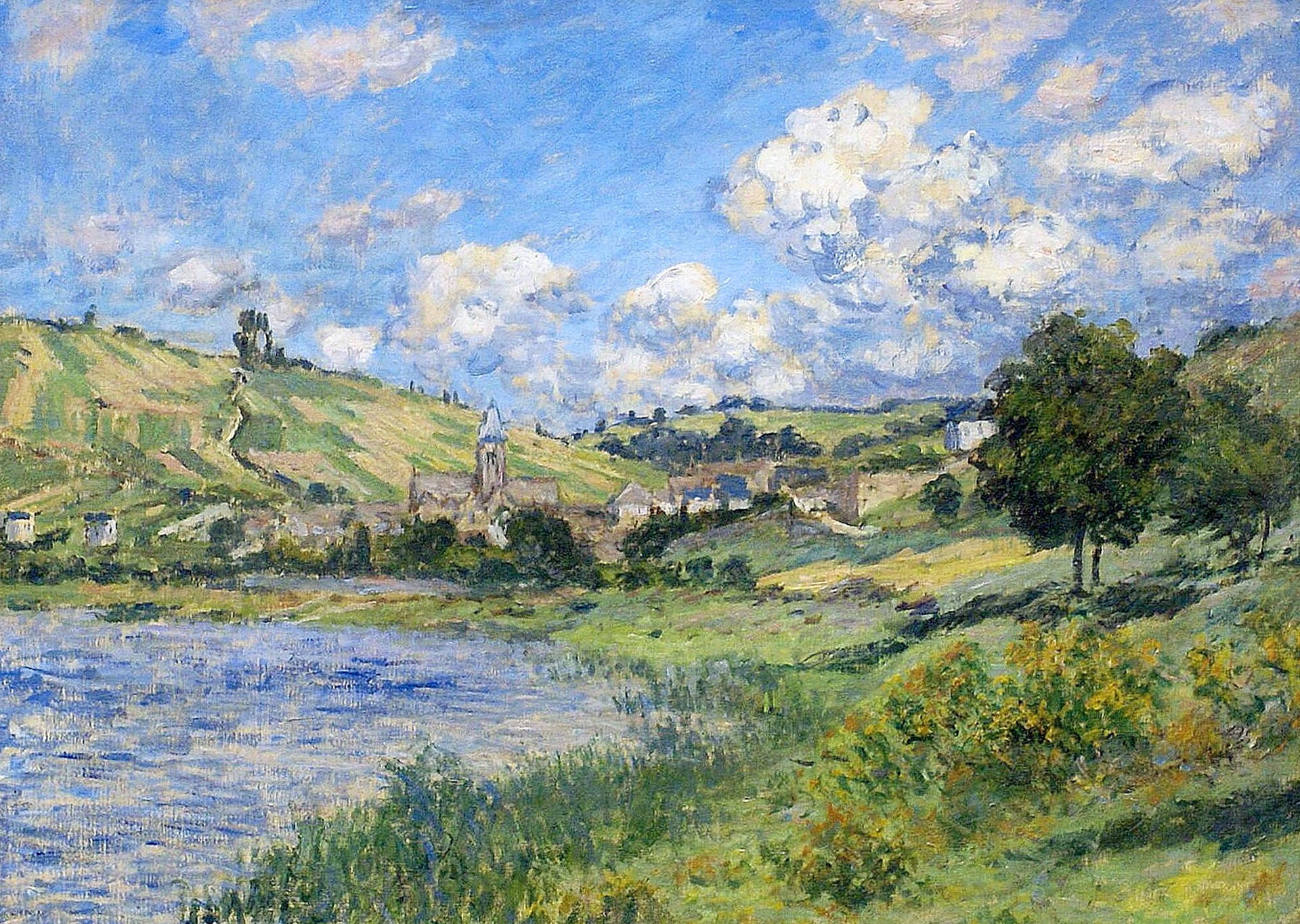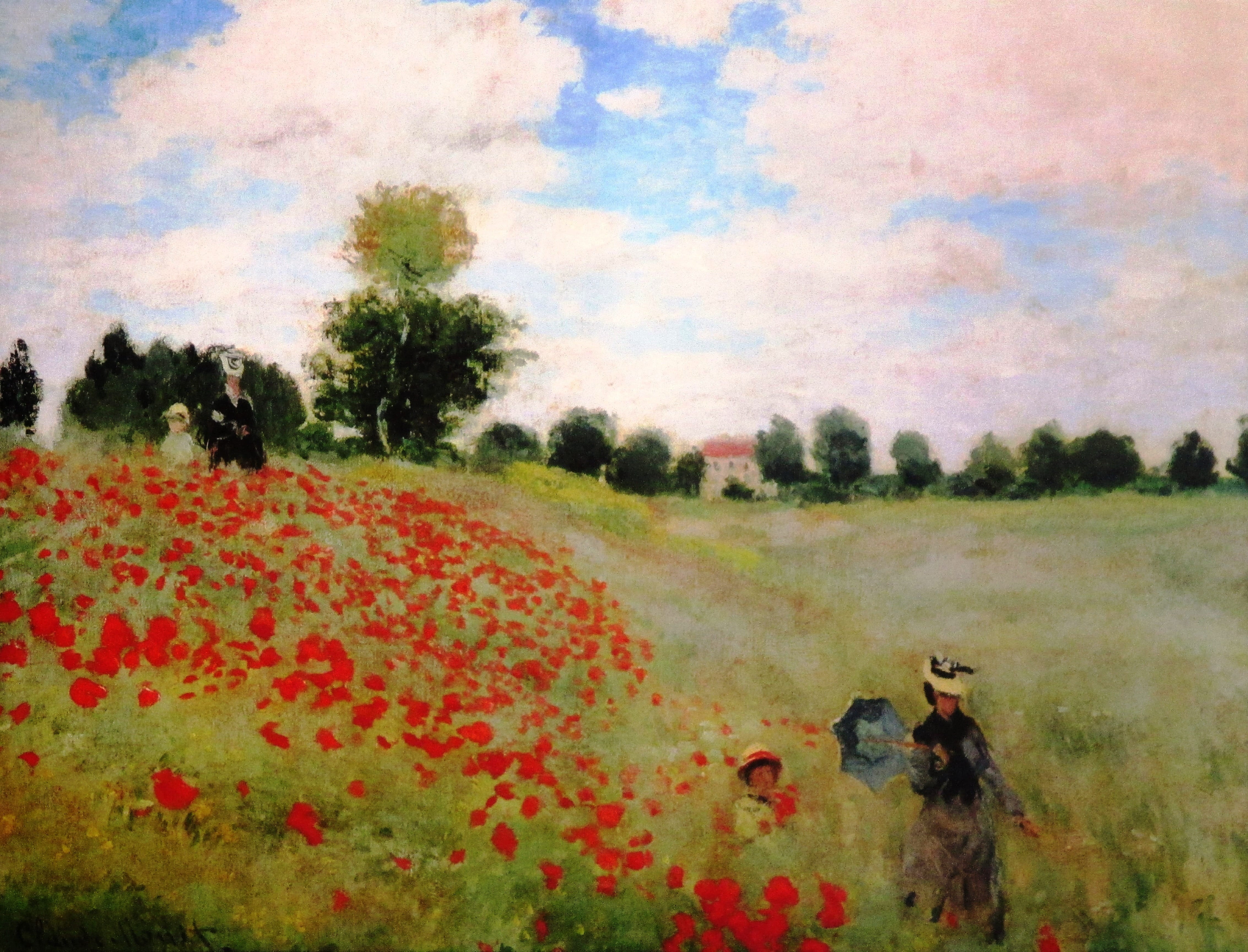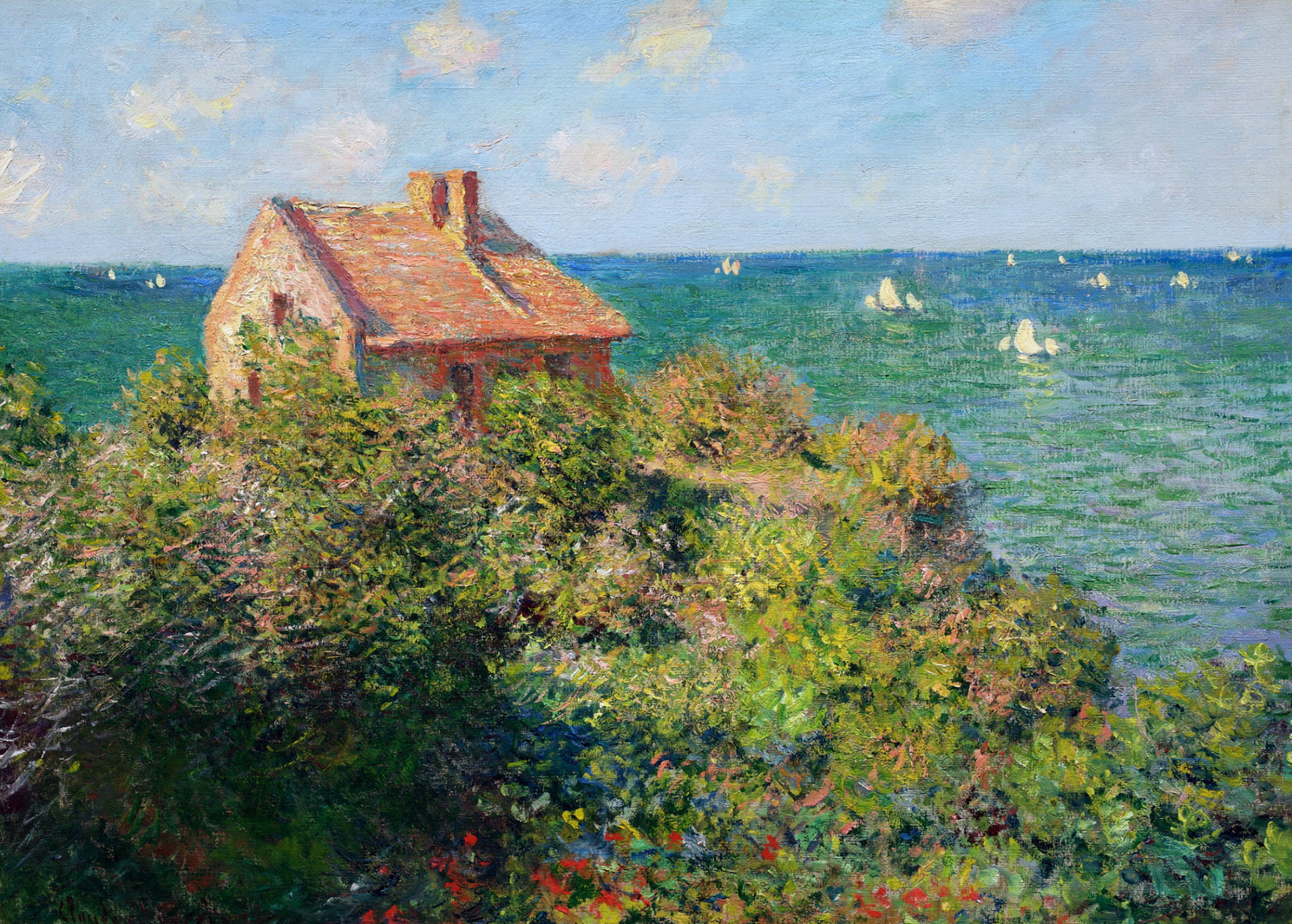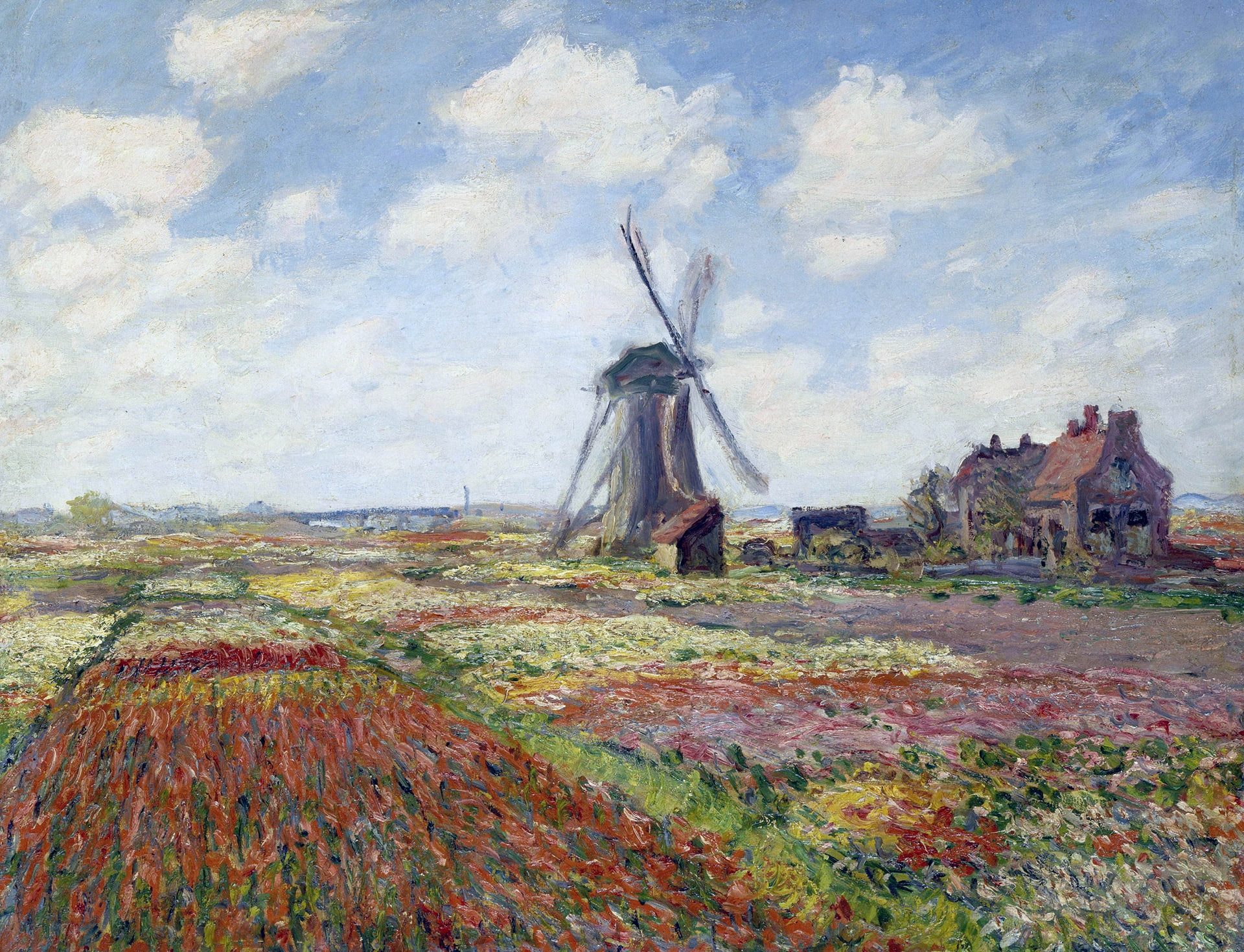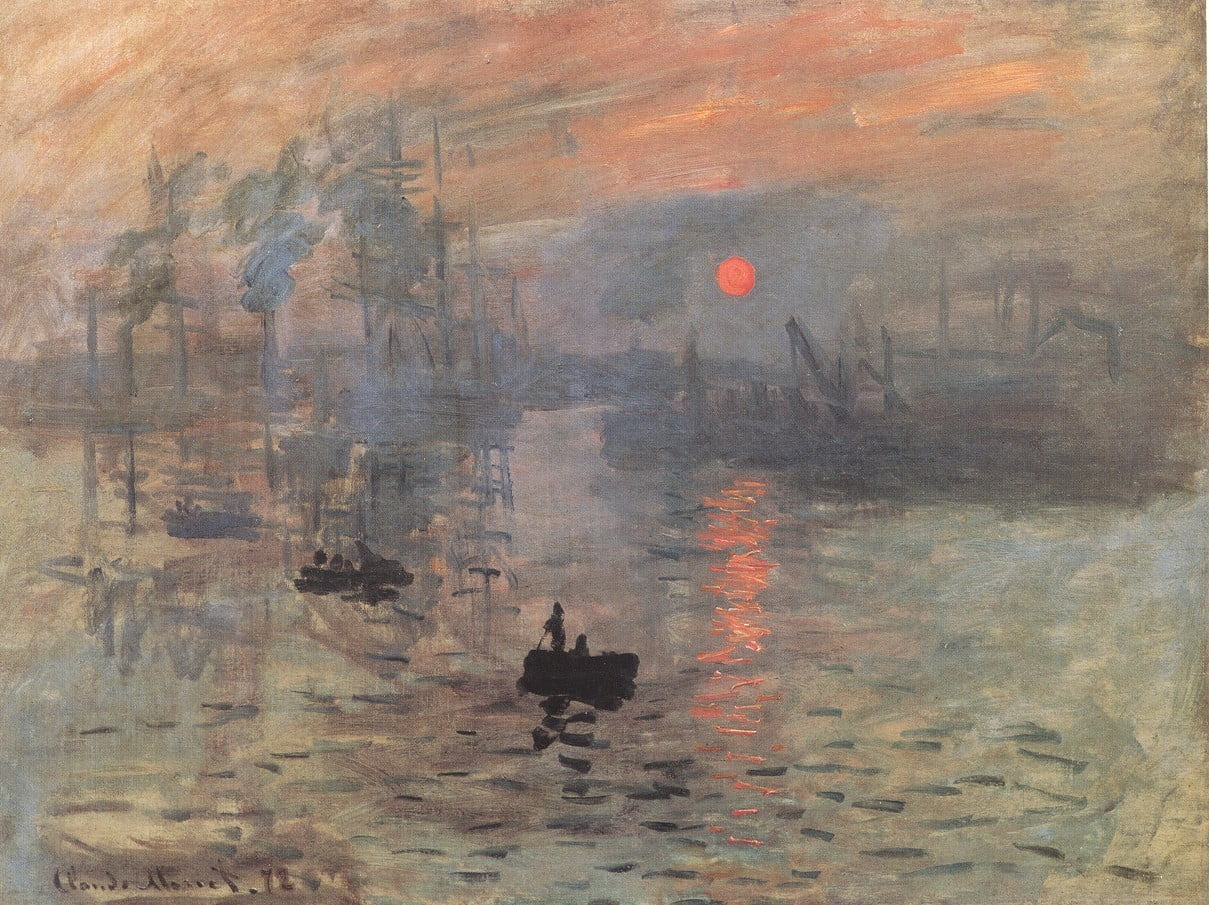coastal lighthouse keeper kept a black kettle constantly warm on a scarred iron stove, as if tea were a small ritual that could steady the particular
A coastal lighthouse keeper kept a black kettle constantly warm on a scarred iron stove, as if tea were a small ritual that could steady the particular loneliness of cliff-side light. Mornings began with the same careful sequence: sweep the stone steps, polish the brass rail until it read like a reflected sentence, and climb the spiral stairs to inspect the Fresnel lens that turned the ocean’s capricious moods into a disciplined, pulsing language. Boats traced thin smiles on the water below—fishing skiffs, a ferry that appeared on its schedule like an obedient ghost—and gulls argued in a high, impatient register over the shoreline’s gossip. The keeper kept a ledger of passing weather and small acts of mercy: a motorist given directions when fog ate the road, a stranded seal nudged gently back toward the surf, a letter left in the bottle-shaped niche of the lighthouse door by a teenager promising nothing definite but needing to be believed. At twilight the light’s sweep cut across the waves in patient intervals, and couples walking the headland paused to let the beam translate distance into punctuation: two towns marked by the same signal, separated and connected by salt and night. Inside, a cat that claimed the heater’s warmest spot moved like a slow punctuation mark, curling where the keeper’s foot would not disturb it. Sometimes visitors came—a historian who loved lighthouse stamps, a cyclist who’d ridden until the road narrowed into cliffs, a child whose wonder converted lamp mechanics into magic—and each one left a footprint and a new note in the guestbook, small testimonies that the place was inhabited not only by its keeper but by other people’s attention. Storms turned the sea into a grammar of force: spray scoured windows, ropes sang under strain, and the keeper read the tides like a familiar, blunt poem. After each blow passed there was the ritual of repair—mending nets, knotting loose rigging, and checking the lamp’s mechanism again, as if reaffirming the promise that the light would return to its measured, necessary turning. Late at night, when the world thinned into the small noises of settling stone and distant water, the keeper would sit with the kettle between two cups and open the ledger to where a new line might begin: an unreadable map of trivial kindnesses, weather, and the tiny, stubborn ways people resist being lost.




